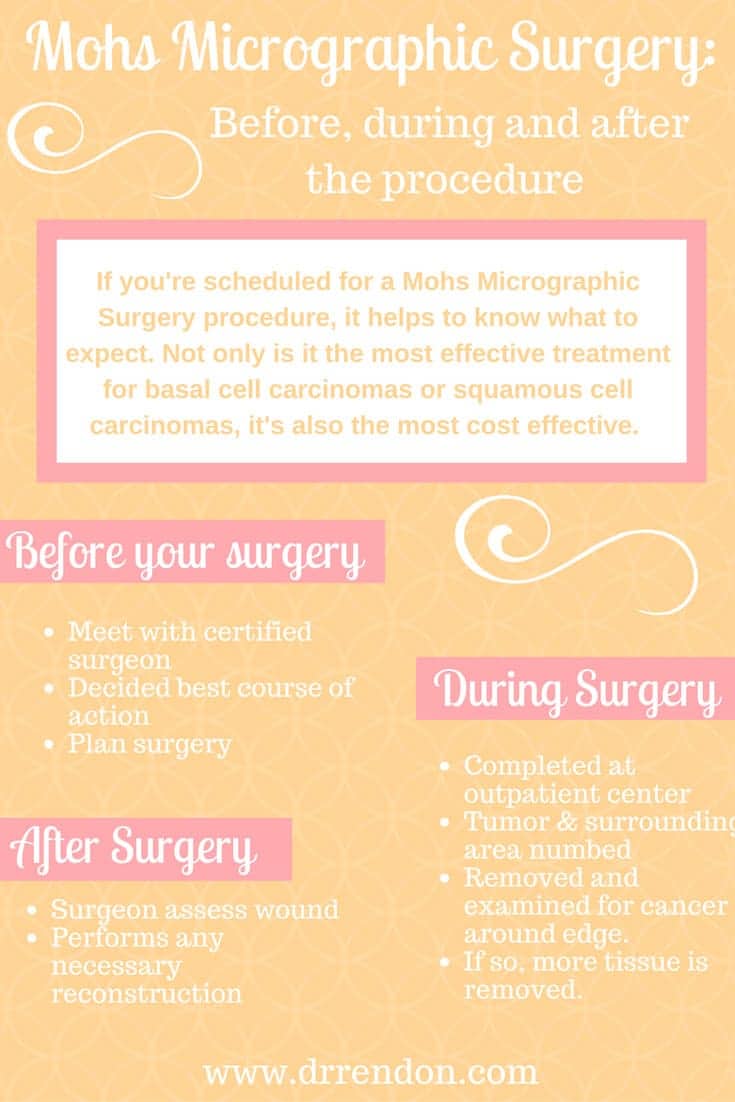Contrasting Prescription And OTC Acne Treatments: Which Is Much Better?
Contrasting Prescription And OTC Acne Treatments: Which Is Much Better?
Blog Article
Short Article Created By-Adler Sellers
Did you know that virtually 85% of people experience acne at some point in their lives? When you're faced with this typical skin issue, making a decision in between prescription and over the counter (OTC) treatments can be tricky. Each choice has its very own set of benefits and downsides, which can significantly affect your skin's health. So, how do you identify which treatment aligns best with your needs? Understanding the crucial differences and what they mean for your one-of-a-kind circumstance might simply hold the answer.
Secret Distinctions In Between Therapies
When it pertains to acne therapies, understanding the crucial differences can make a substantial effect on your skin's health.
You'll locate two primary groups: non-prescription (OTC) and prescription treatments. OTC options, such as benzoyl peroxide and salicylic acid, are conveniently offered and have a tendency to be less intensive. They usually function by unclogging pores and lowering swelling, making them suitable for light to moderate acne.
On the other hand, prescription treatments normally contain stronger active components, like retinoids or antibiotics, and are tailored for much more extreme situations. These therapies typically need a skin doctor's advice, allowing them to target particular skin issues efficiently.
The strength and solution of prescription options can bring about quicker outcomes yet might also include a greater danger of side effects.
You must additionally consider your skin type and any sensitivities when selecting a treatment. As an example, if you have sensitive skin, OTC therapies may be a gentler beginning point.
Inevitably, understanding microneedling eyebrows helps you make informed choices about your acne therapy trip and leads you toward more clear skin.
Pros and Cons of Prescription Choices
Prescription choices for acne therapy included both advantages and drawbacks that you should consider thoroughly.
One significant pro is their potency. Prescription medications often consist of higher concentrations of active ingredients, which can cause faster and much more efficient results compared to over-the-counter (OTC) products. You may likewise discover that prescriptions are customized to your specific skin kind and acne intensity, giving a much more individualized technique.
On the other hand, these therapies can feature considerable drawbacks. For one, they may have negative effects ranging from moderate irritability to more serious issues, which you require to keep an eye on carefully.
In addition, prescription therapies can be extra expensive, specifically if your insurance policy does not cover them. You may additionally encounter difficulties in getting a prescription, as it calls for a browse through to a healthcare provider, which can be lengthy and bothersome.
Advantages of OTC Treatments
OTC therapies frequently supply a hassle-free and obtainable service for taking care of acne. You can quickly locate these products in drug stores, grocery stores, or online, making them readily offered over the counter. This access indicates you can begin your acne treatment whenever you require to, without waiting on a medical professional's consultation.
One more substantial benefit of OTC therapies is their price. Numerous over the counter options are economical, allowing you to explore various solutions without breaking the bank. You can try various items to see what jobs best for your skin type.
https://cold-therapy67765.bloggactivo.com/32071579/beneath-the-surface-area-of-skin-therapies-lies-a-dispute-microneedling-or-chemical-peels-discover-which-may-be-your-skin-s-perfect-match are available in a variety of formulations, including gels, lotions, and cleans. This range enables you to choose a product that fits your way of life and choices. Several have active ingredients like benzoyl peroxide or salicylic acid, which are effective in treating acne.
Finally, you have the freedom to adjust your program based on your skin's feedback. If one product isn't functioning, you can conveniently switch to an additional without an extensive appointment process. This adaptability equips you to take control of your acne management journey.
Conclusion
In the long run, selecting between prescription and OTC acne therapies truly boils down to your one-of-a-kind skin needs and situations. While prescriptions could look like the golden ticket for swift results, OTC alternatives use an even more obtainable course, letting you take control of your skin care journey. Embrace the adaptability of OTC products or consider the tailored strategy of prescriptions-- regardless, you're taking a positive step in the direction of more clear skin and improving your self-confidence along the way.
